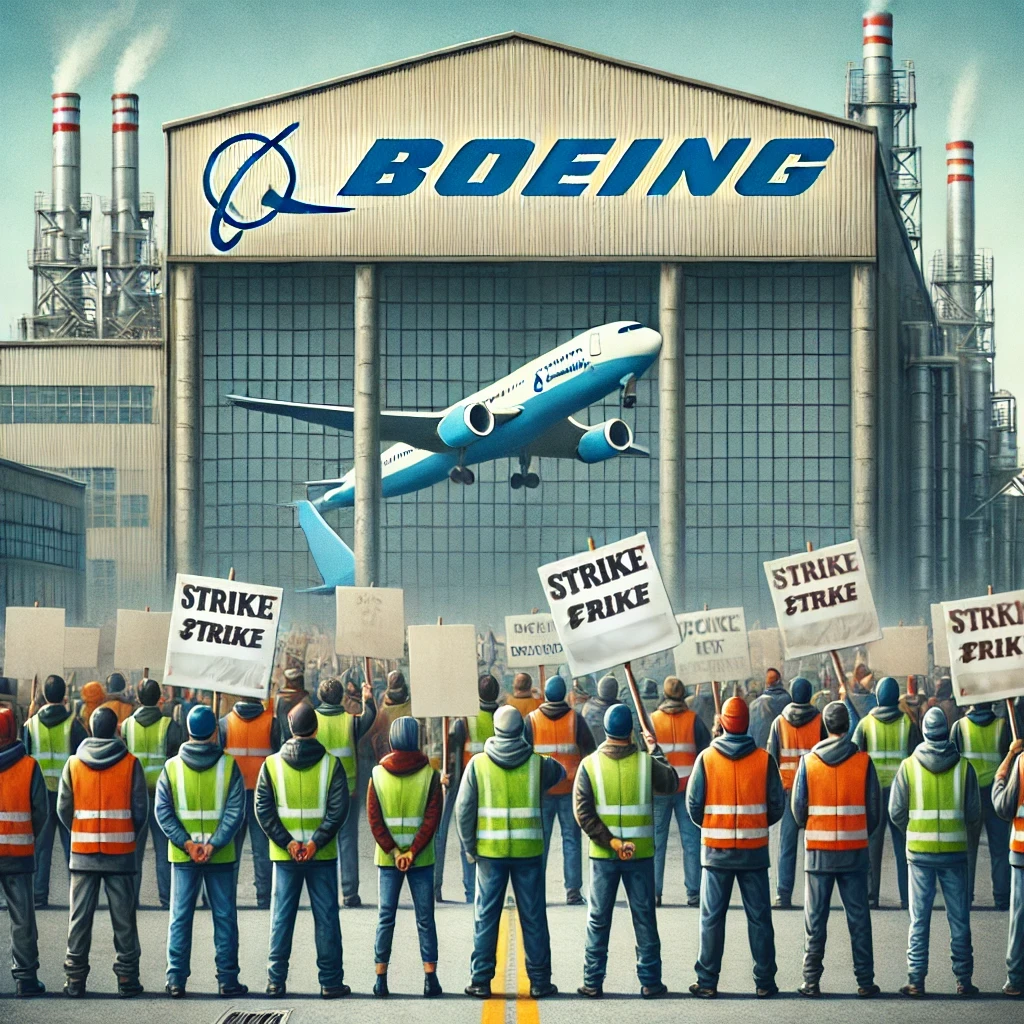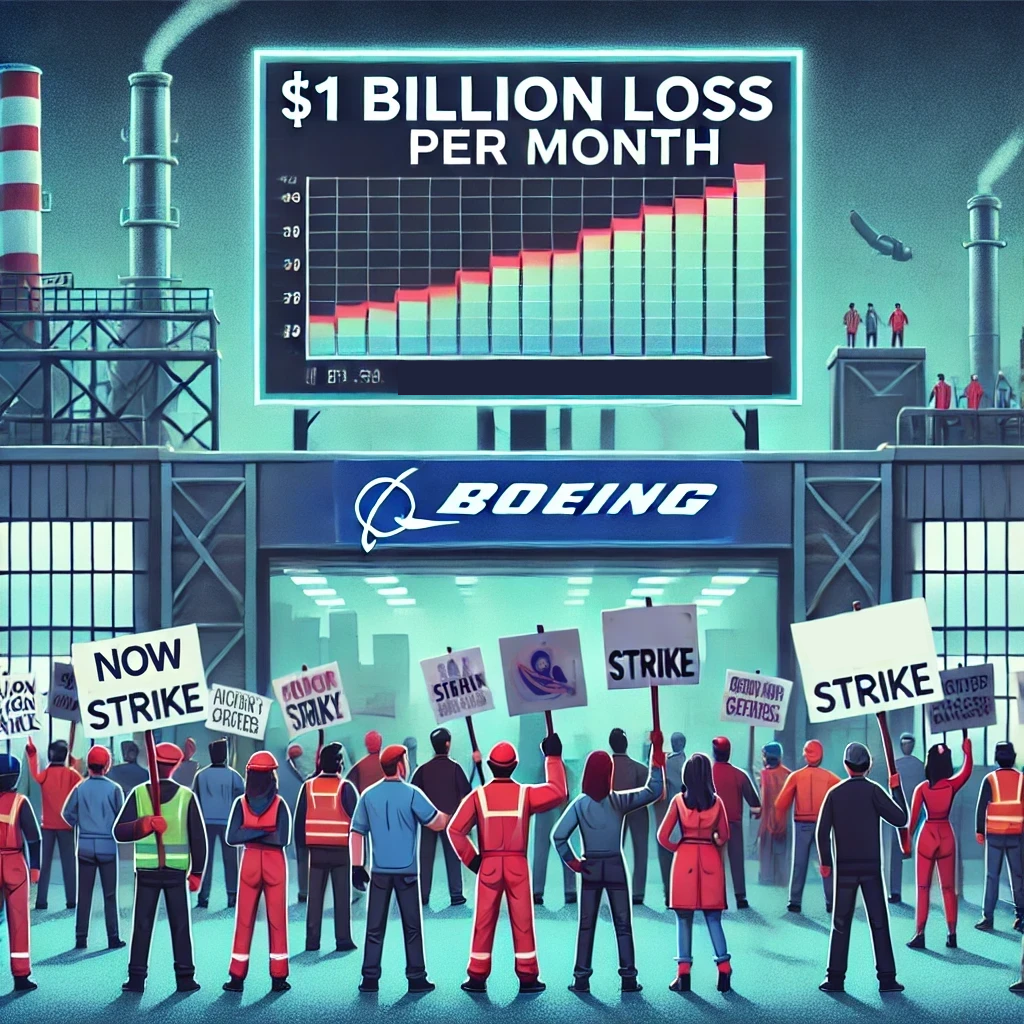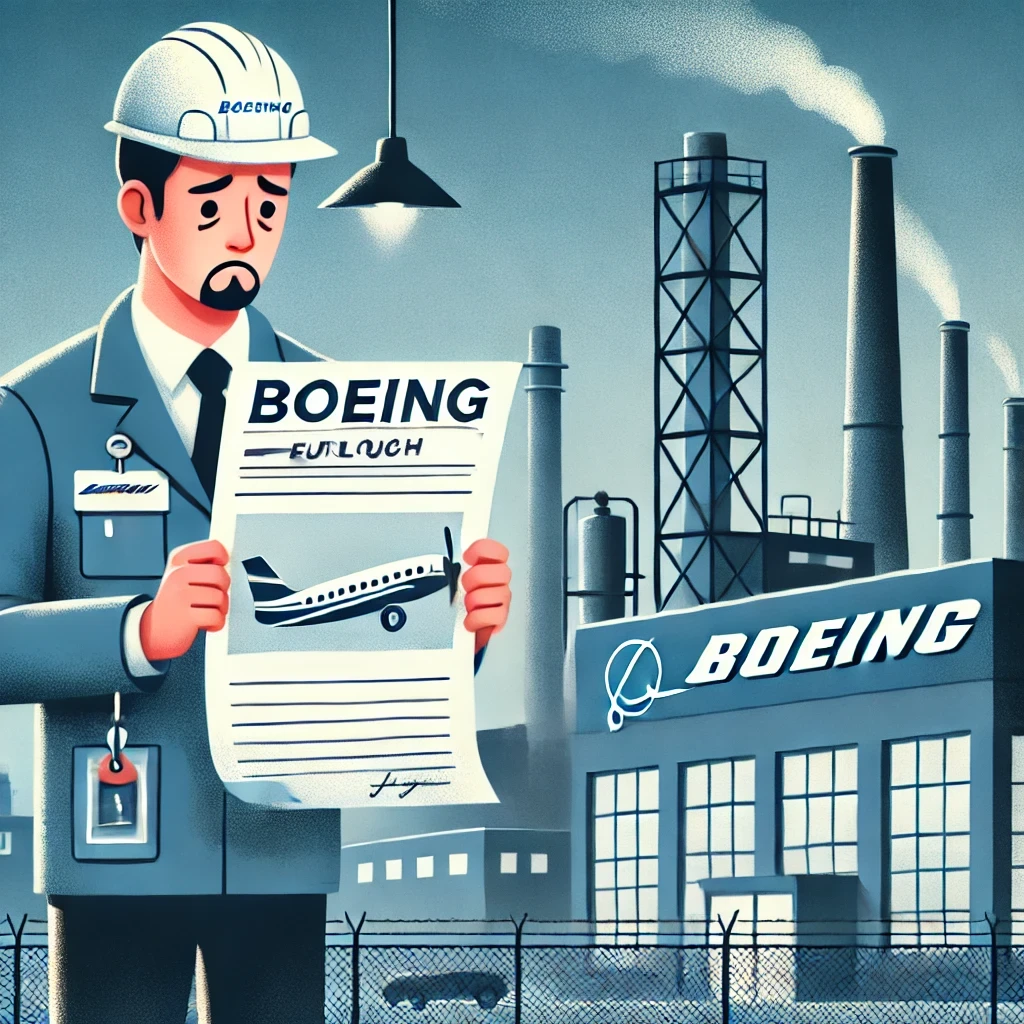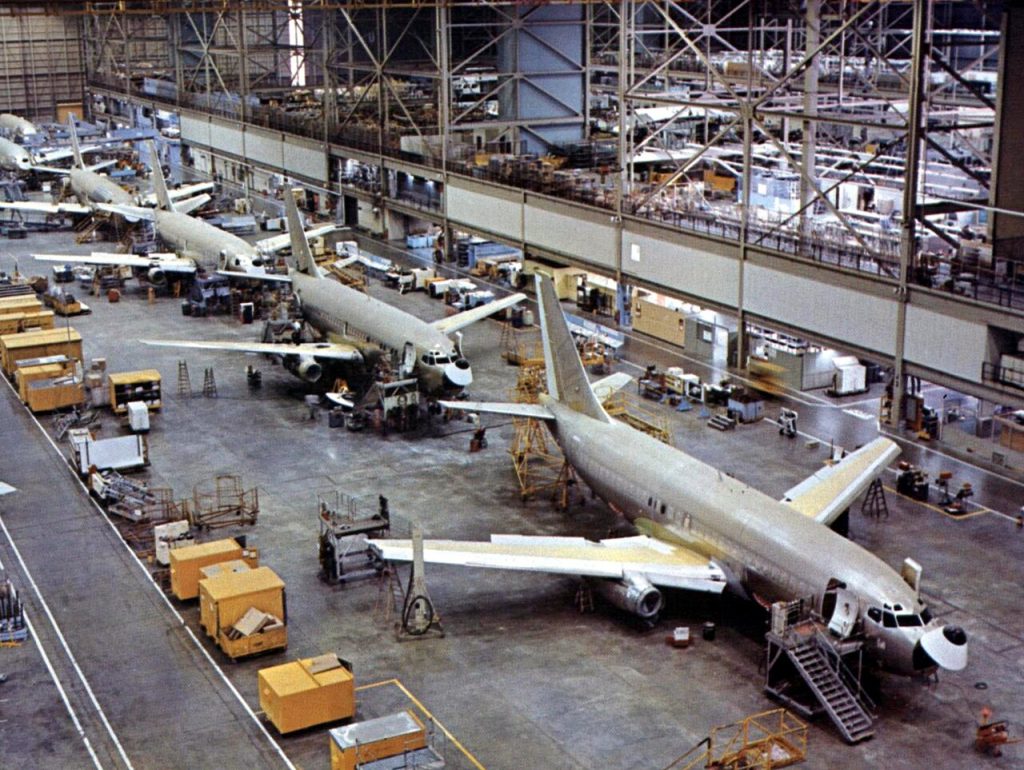Boeing, a major company that builds airplanes, is going through a tough time and has announced it will lay off 17,000 workers, which is about 10% of all the people who work there worldwide. This decision comes as Boeing is struggling with money problems, made worse by a strike that has stopped work on some of their main airplane models.

The strike started on September 13 when 33,000 Boeing workers, who are part of a group called the International Association of Machinists and Aerospace Workers, stopped working. They were unhappy with the company’s latest contract offer. This has caused major disruptions in building planes like the Boeing 737 MAX, 767, and 777.

David Calhoun, the head of Boeing, said the layoffs were needed to adjust the company’s workforce to better match their current financial situation. He noted that the job cuts would affect workers at every level, including managers and top executives. Boeing is expecting to report a big loss in the upcoming third quarter, predicting they will bring in $17.8 billion but will lose about $9.97 per share and see a negative cash flow of $1.3 billion.

There’s also a delay for the Boeing 777X plane, which was supposed to be delivered in 2025 but now won’t be until 2026. This is because of issues in testing and development, along with the strike.

The strike is costing Boeing about $1 billion a month, and it’s putting their good credit rating at risk. The company had already been dealing with other big problems, including safety issues and government scrutiny after a mid-air accident earlier in the year raised concerns about their safety measures.

Kelly Ortberg, who became CEO just two months ago and has already had to manage half of his time dealing with the strike, communicated to employees about the challenging position the company is in. He highlighted the need for tough decisions to help the company recover.

Previously, Boeing tried to save money by having non-union employees take unpaid time off every four weeks, but now they are opting for layoffs instead. Employees will find out more about what this means for them starting next week.

Despite all these challenges, Boeing is still a key player in the aerospace industry, without much risk of going under since it has a huge backlog of orders and its main competitor, Airbus, can’t quickly take over Boeing’s orders. However, Boeing will stop making the 767 jet once they finish the current orders for it in 2027. This model is only being made in a freight version now and is being built by some of the workers who are striking.

As Boeing tries to get past these tough times, they’re focusing on ending the strike and getting their finances back on track to maintain their place in the competitive airplane manufacturing market.





